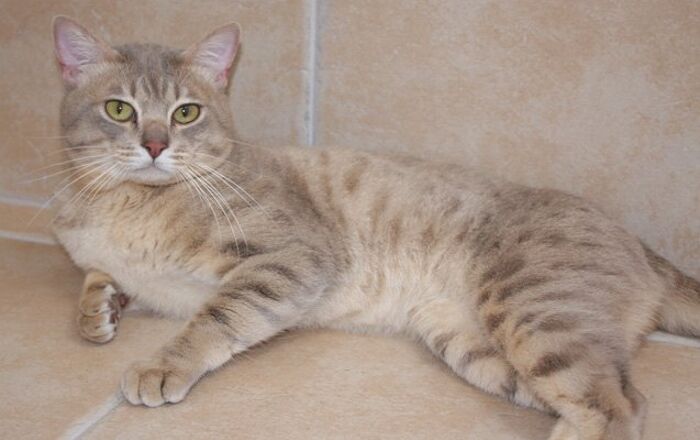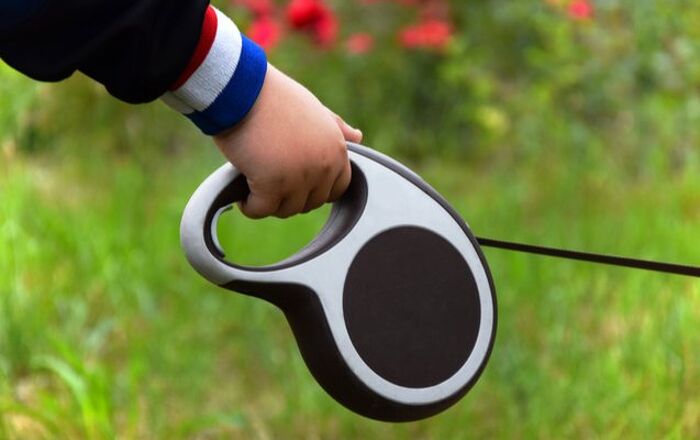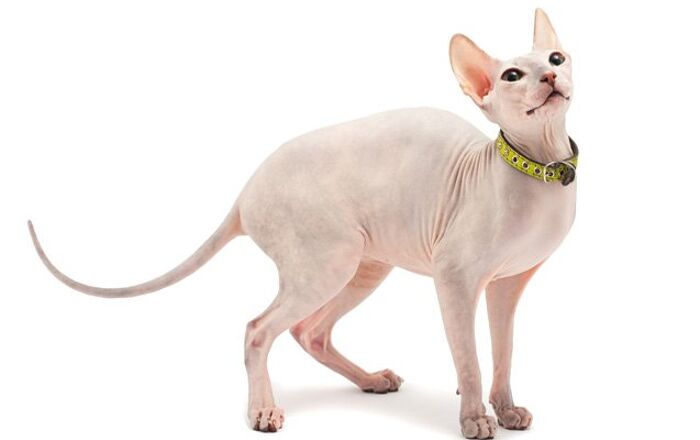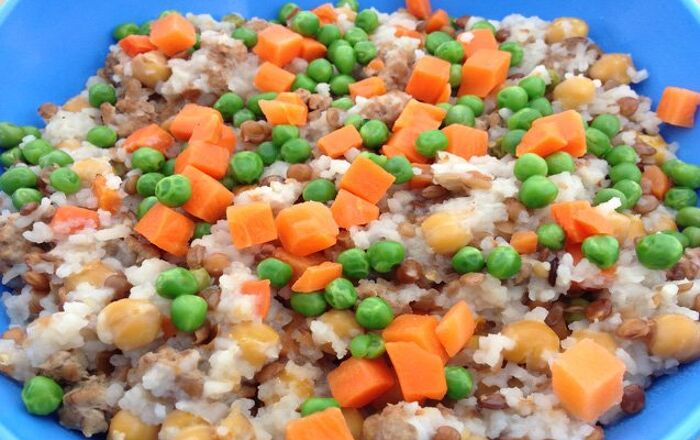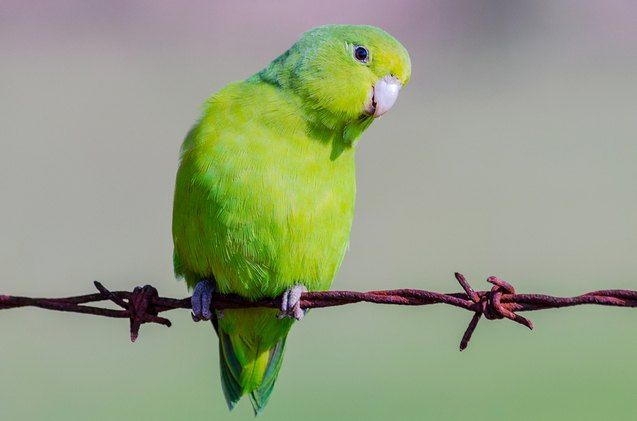
Mexican Parrotlet General Info
The Mexican parrotlet is one of the northernmost breeds of these interesting and funny pocket-sized parrots. As a species in general, parrotlets are a popular pet all over the world, and this little Mexican bird is no exception. With their cute little looks and a bunch of desirable traits, it’s no surprise the Mexican parrotlet is a very sought-after pet.
The Mexican parrotlet has it all – cute looks, friendly personality, and adorable and fun behavior.
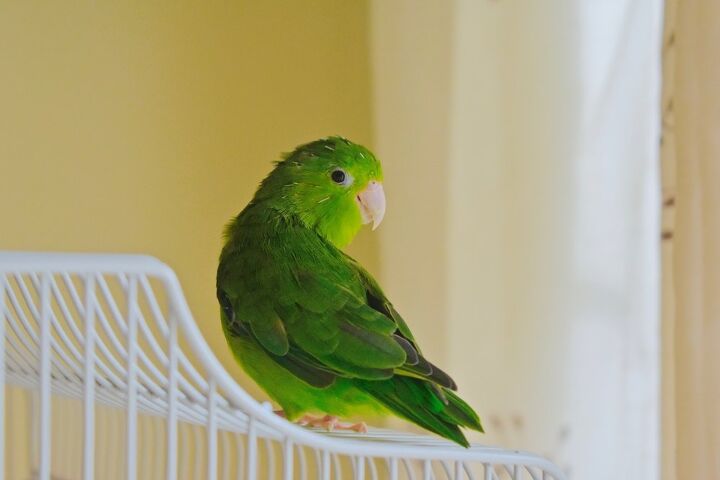
Native Region/Natural Habitat
Just as the name suggests, these parrotlets are found in a wide region inside western Mexico. Their habitat is the northernmost of all the parrotlet breeds. Some of the favorite nesting spots are in coastal tropical forests, dense growths, and plantations. They are unique in a way that they will wander far and wide in search for fresh food sources, sometimes far from their original habitat.
Overall Description
These little fellas are the perfect definition of a “pocket-sized parrot”. With the adults reaching an average length of just 5 inches (13 centimeters) and weighing 1 ounce (30 grams), you can be sure they are one the smallest parrots in aviculture. This can resolve some potential issues with free space since even a small apartment can give them more than enough free space for flight. And remember – what they lack in size, they make up with their silly personality.
Speech and Sounds
Another great thing about parrotlets is their noise levels. With subtle and natural sounding calls, consisting of chirps, tweets and an occasional piercing beep to express their joy, they won’t be as loud as, say, Cockatoos. This is just another in the line of traits that make them a good choice for apartment pets. Remember that these are very social birds. If you decide to keep a pair or more, you can expect some vocalizations between them, and with that, slightly more noise.
Colors
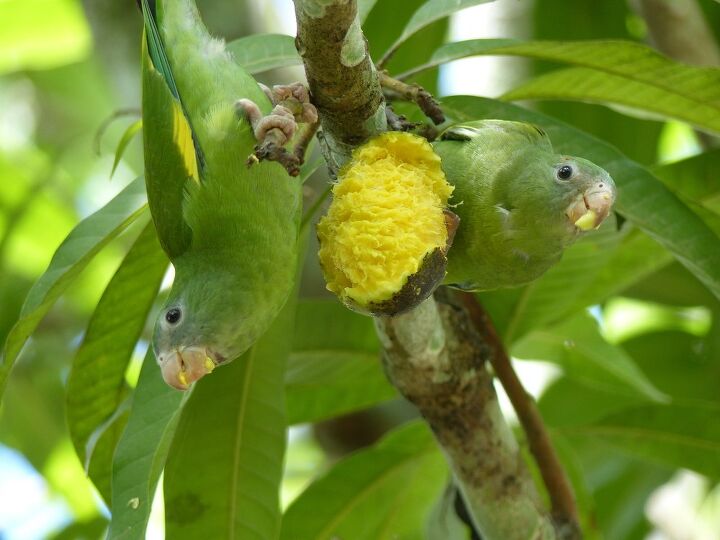
Small birds rarely display exotic colors or a plenty of details. This can be best seen on the Mexican parrotlets, as they are entirely green. This light toned down shade of green is darker on the back and wings and slightly lighter on the face and the belly. Some feathers on the rump and wing tips are turquoise colored. Although this coloration is simple, it suits these parrotlets best, as it accentuates their tiny frame and works well with their looks. A lot of details on a small bird would be overwhelming.
Like most other parrotlets, these little birds are simple in their coloration with an entirely green plumage.
Care and Feeding
Most pet stores nowadays are well stocked with commercial seed mixes that are made especially for parrotlets. This is your number one choice for starting a basic diet. The next step is to supplement it with important vitamins and nutrients which are found only in fresh fruits and vegetables. This completes the balanced diet for your pet.
A good addition is a cuttlebone. It completes several roles – it’s a toy, a source of calcium, and a little cheat to help your pet maintain their beak.
Health and Common Conditions
A lot of aviculture beginners are mistaken when they assume that parrotlets are frail and have weak health. The truth is far from this. If you show them enough good care and attention, they will live healthily and achieve their lifespan of twenty years or more. Ensure optimal conditions in your home, plenty of exercise and social interaction, and the all-important baths. Your dedication will be returned in the form of a healthy, happy and flourishing pet parrot.
A balanced diet is a big part of a parrots health and longevity. Take special care to find the best foods for your pet.
Personality & Behavior
What makes these parrotlets so loveable and popular is their charming personality. They can and will easily captivate you with their silly tricks, a goofy demeanor, and energetic behavior. Another one of their strongest aspects is their cuddly side. They can get very affectionate and snuggle up to you in search for scratches and some warm downtime. Mexican parrotlet is quick to bond, too- they’ll pick out a favorite in the family in no time. With a moderate lifespan of 20 or more years, you can rest assured that your tiny parrotlet friend will be with you for quite a while.
Photo credit: Rafael Martos Martins/Shutterstock; guentermanaus/Shutterstock; Amdezigns/Shutterstock




